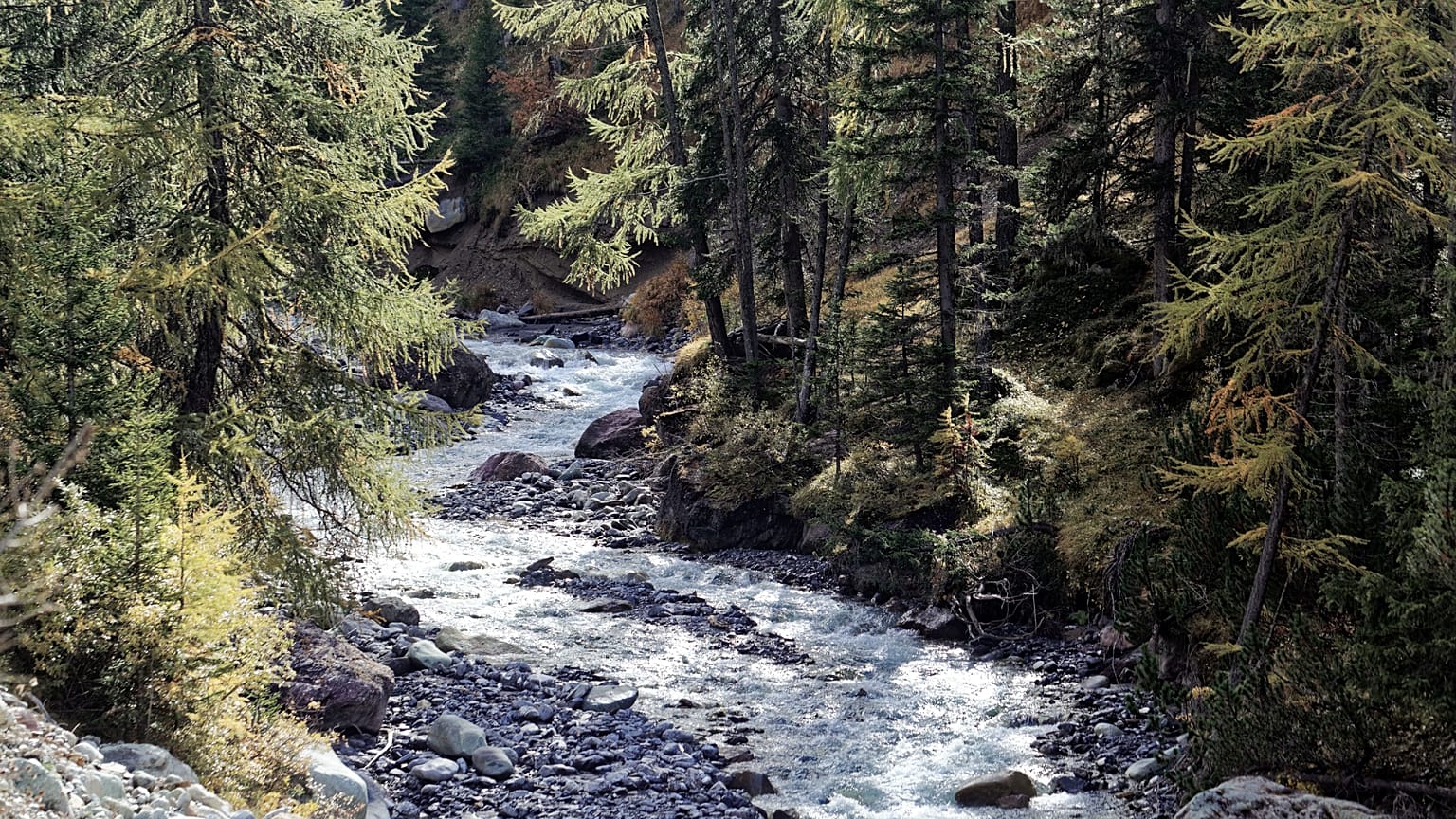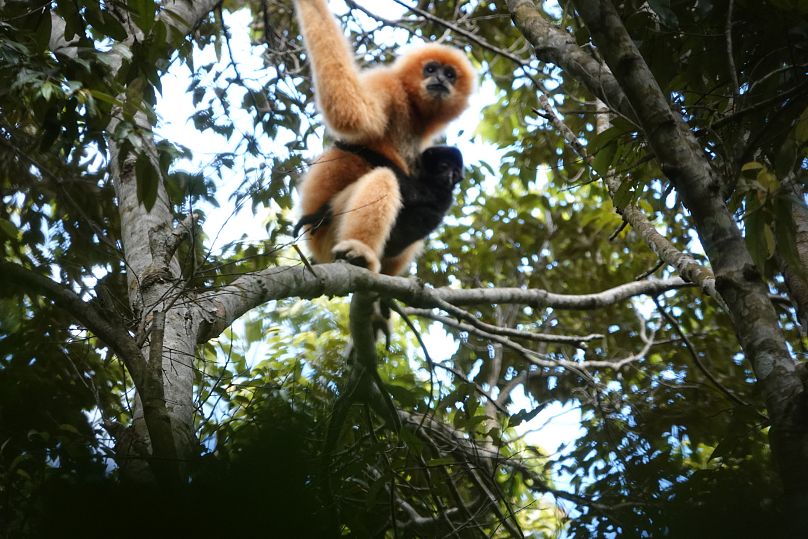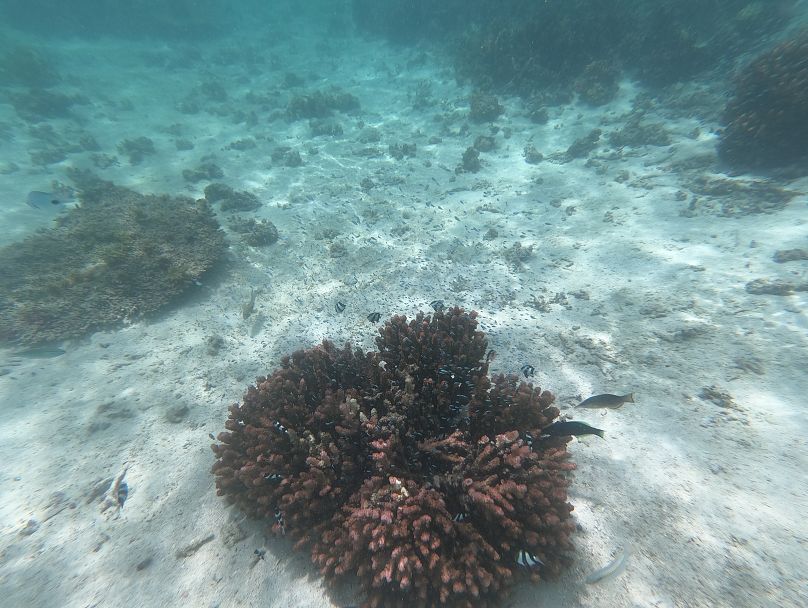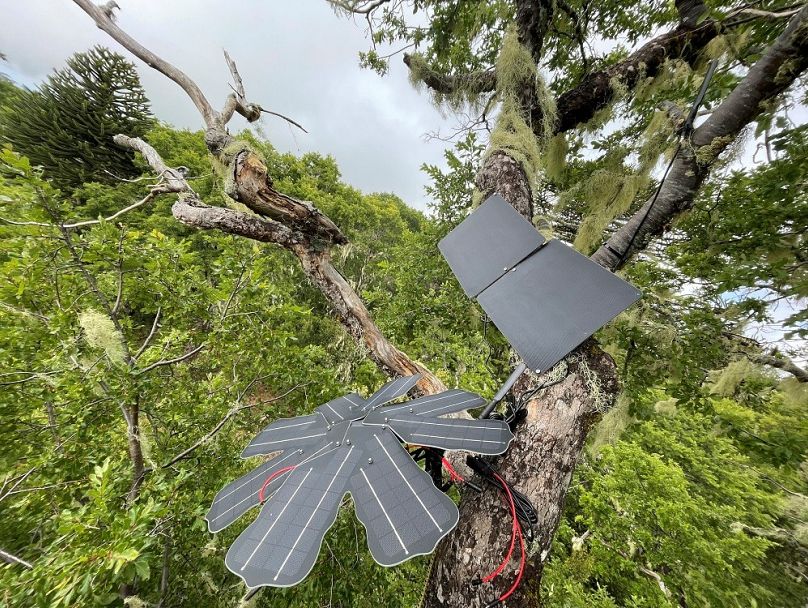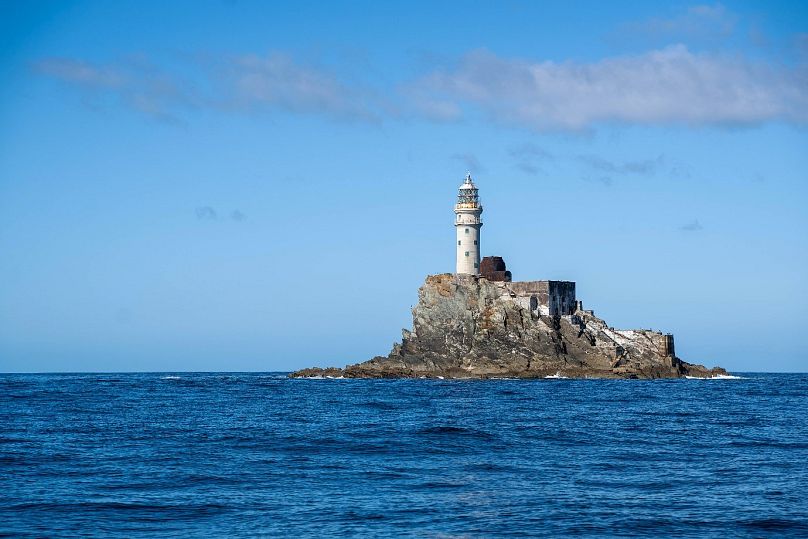One of the world's most prominent biodiversity summits – the International Union for Conservation of Nature World Conservation Congress (IUCN WCC) - opened in Marseille last week. Conservation experts, world leaders, and global organizations gathered to share ideas for protecting nature. President Emmanuel Macron addressed the opening ceremony with a warning: "There is no vaccine for a sick planet. The battle for the climate and against the deregulation of the climate is linked inextricably to preserving and restoring biodiversity."
Tackling climate change and reversing biodiversity loss requires shared values and collective action. As one of the partners of the IUCN, Huawei is committed to improving the effectiveness of nature conservation and protecting biodiversity using digital technology. Its vision aligns with the IUCN's actions and commitments to find innovative approaches to preserve and restore the planet for future generations.
The latest data shows that the health of the world's ecosystems on which we all depend is deteriorating more rapidly than ever. In Europe and Central Asia, only 23% of species and 16% of their habitats are in good health; 1,677 out of 15,060 European species are facing extinction, according to the WWF Living Planet Report 2020. Human activity is eroding the foundations of our economies, livelihoods, food security, health, and quality of life worldwide.
There is an urgent need to protect biodiversity. However, the window for action is narrowing at a worrying rate while the cost of inaction increases. That's why Huawei has set out a range of nature conservation projects under the environmental domain of the Huawei TECH4ALL initiative. This long-term commitment applies the latest technology to sustainability and digital inclusion projects.
The TECH4ALL project in the environment domain includes partnerships with many experts, from international scientists to local environmentalists. Huawei's commitment to these partnerships is reflected in two significant programs currently underway: the Tech4Nature collaboration with the IUCN and the Nature Guardian program with Rainforest Connection (RFCx), which both aim to use cutting-edge technologies to ramp up nature conservation globally.
Tech4Nature inspires innovative thinking for nature conservation
Huawei's three-year partnership with the IUCN involves piloting the latest digital technologies in conservation in five countries and providing knowledge, technology, and resources for more than 300 protected areas worldwide.
The IUCN Green List of Protected and Conserved Areas is the first global standard of best practice for area-based conservation. It is a program of certification for protected and conserved areas – national parks, natural World Heritage sites, community-conserved areas, and nature reserves that are effectively managed and governed.
Huawei's Tech4Nature partnership with IUCN focuses on these sites. Advancements in technology have vastly increased our ability to respond to the immediacy and extent of today's environmental threats, enabling a speed and reach of conservation that was never previously possible in these designated areas.
Huawei leverages a range of different technologies tailored to specific scenarios and projects. In Switzerland, Huawei is working with the Swiss National Park, the only national park in Switzerland, to improve the protection and management of protected areas. AI technology recognizes infrared camera photos, while blockchain technology is being used to certify carbon sinks in the national park.
Digital technology is being used to conduct acoustic monitoring and research on one of the world's most endangered primates, the Hainan gibbon (only 35 remain), in Hainan Tropical Rainforest National Park in China, to develop more effective conservation measures.
Among other projects, under-water cameras will play a role in the real-time monitoring of coral reefs in north-eastern Mauritius with the planned restoration of 5 hectares of coral reefs.
Nature Guardian identifies threats to habitats and species
While there's still much work to be done, the journey to building a sustainable and inclusive world is underway. Huawei's Nature Guardian program in partnership with RFCx is a great example of how technology and innovative thinking can help our planet achieve sustainable growth.
The Guardian device is central to the program. A black box surrounded by small solar panels, these Guardian devices equipped with microphones and antennas sit inconspicuously in the natural habitat, but they provide a powerful service through cloud and AI. Always listening, they can detect and transmit any sound in real-time to monitor different species and their environment.
In a partnership between the NGOs RFCx and Ireland ORCA, and Huawei, a "smart" buoy with bioacoustics sensors was deployed off the Irish coast. The sensors can detect the calls of dolphins within 13 km2 and whales within 80 km2. These calls are transmitted to a cloud platform and analyzed by AI, providing data to study distribution, behavior, and the impact of noise pollution. Conservation decisions can be made based on this data.
As well as research on ecosystems, acoustics, and cloud AI systems can be used to identify threats to habitats and species. In Chile, solar-powered Guardian devices fitted with acoustic sensors cover 30 km2 of the Nahuelbuta mountain range. They detect and identify animal calls, with a focus on providing data to study the endangered Darwin's fox. With the Guardian system, AI running on the cloud can detect poachers' gunshots and the chainsaws of illegal loggers that threaten this species' survival. Alerts are sent to rangers' phones if a threat is detected, enabling a near real-time response.
Achieving Progress in Intelligent Nature Conservation Together
As we continue to see through the Tech4Nature and Nature Guardians projects, technologies such as communications networks, AI, IoT, and Cloud provide valuable support to better nature conservation. These technologies are helping conservationists maintain healthy habitats and protect the life they harbor while offering rapid alert systems for failing ecosystems and human interference such as illegal poaching or hunting.
Nature knows no boundaries and we need to work together across international borders to deploy intelligent technological solutions to preserve the health of our planet. We must continue to increase the global pool of data and technological and conservation expertise to make informed decisions to prevent biodiversity loss and protect nature – our most valuable resource.

